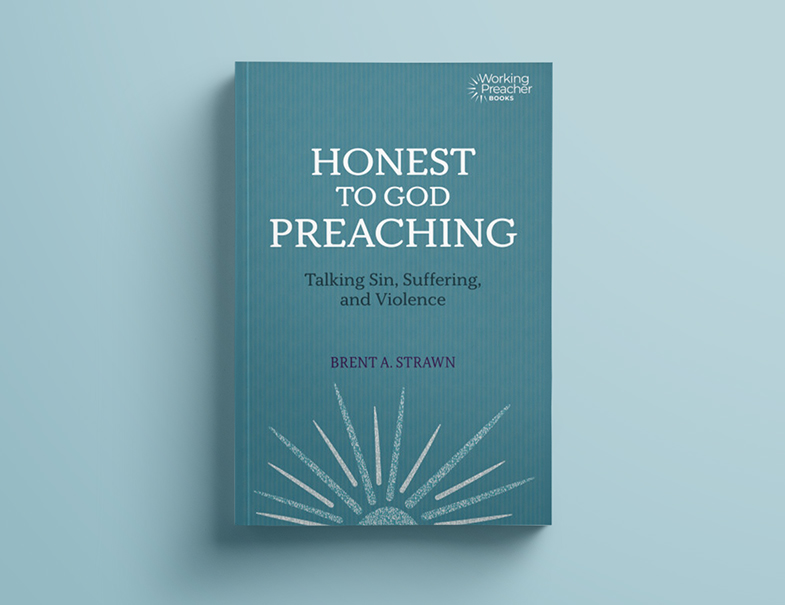“We only know of Israel’s failures, because Israel was honest enough to share them,” Brent Strawn asserts on page 3 of his book. This basis for Honest to God Preaching can be both a corrective for tendencies of Christian preachers to denigrate the people of Israel in the Old Testament, and a model for keeping honesty about difficult subjects at the forefront of our own preaching.
It is a precious treasure when someone confesses their failures to us. Honesty about suffering and sin can lead to transformation. That’s what is theologically at stake here.
Sin and forgiveness
Honesty is the pivot for getting past sin, suffering, and violence.
Forgiveness can happen without confession, but confession is definitely a help in moving toward forgiveness. Confession is not wallowing in sin, but a way to process or facilitate moving into something else.
Honesty about suffering moves us in the direction of healing. And honesty about violence is necessary for recovery. Neither forgiveness, nor healing, nor recovery is ever finished but ongoing.
Reassessing how Israel has been honest about some “major sins” in the ancient nation’s history—the golden calf and King David’s adultery with Bathsheba—perhaps puts into new perspective what are considered major sins in our time. On the podcast episode, Strawn gives a contemporary example of how he has known this to be true.
The human condition is bent on hiding so much from each other, but God is indeed the one from whom no secrets are hid.
Transformation
God-driven transformation is, in many ways, a mystery. We can maybe recognize it in the gaps of lament psalms that turn into praise at the end.
Honest disclosure about difficult things naturally deals with trauma. Writing it down is part of the healing process from trauma. This is what the lament psalms do. Even if we do not feel like we can release our own trauma publicly, we can do some release work through the people of Israel in the Scriptures. This is our script. We can say these words.
What we also have in Scripture are mechanisms for moving toward transformation, so that we don’t stay stuck in our sin or suffering. It can help us, when we don’t have words or awareness yet, for Scripture to free us from our denial and rejection. Then we can ask, What happens next?
Honest preaching is not always received with joy. Strawn paraphrases his friend and colleague Will Willimon to say: “You used to have to try pretty hard to offend someone from the pulpit. Now you just have to open up the book of Matthew and everyone’s offended.” The Scripture is already like an “ice axe,” as Franz Kafka describes the books that are needed to break the sea frozen inside us. Fear not—“breaking the sea” doesn’t always make those experiencing it feel terrible. Sometimes it awakens us to what we were apathetic about or indifferent to. Preachers don’t have to be the ice axe; we just have to present the ice axe. Preachers don’t have to be the biblical characters, but represent them. Honestly telling their stories, or the words from God they heard, is what leads to transformation.
For more on this volume in the Working Preacher Books series, Honest to God Preaching: Talking Sin, Suffering, and Violence, listen to a podcast episode or watch it on YouTube, in which Rolf Jacobson and Karoline Lewis discuss the book with author Brent Strawn.

